Pioneering Snakebite Changemakers
They’re racing to find new and improved treatments or spending their waking hours advocating for snakebite victims in their countries or around the world. For years, it’s been just them. Today they’re watching the tent expand. These are The Changemakers!
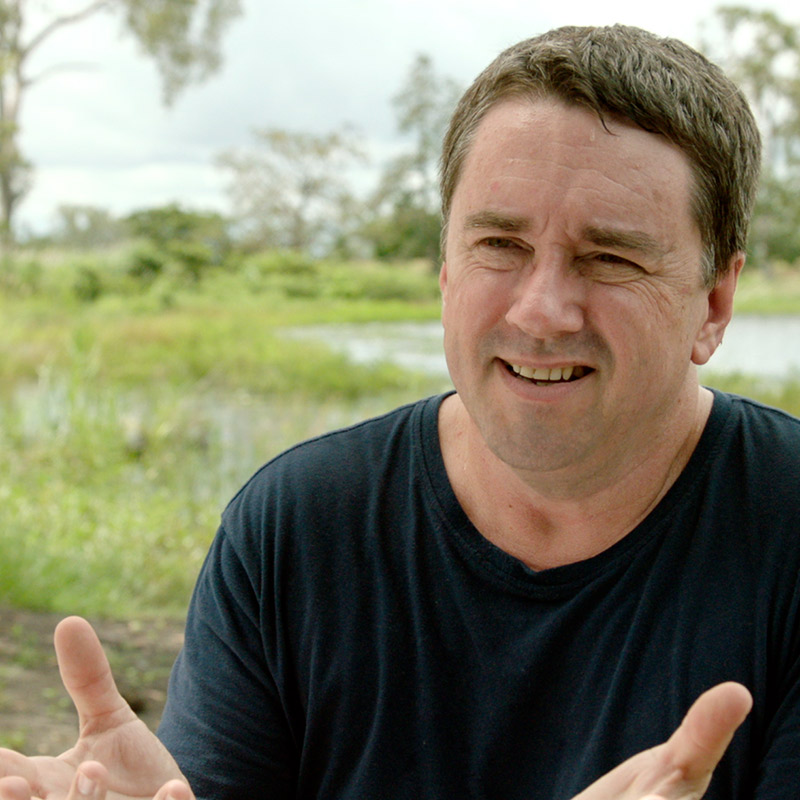
Dr. David Williams
PORT MORESBY, PAPUA NEW GUINEA
"The world has the capacity to deal with this problem. There’s no excuse for somebody dying of snake bite in this day and age. And that doesn’t matter whether they’re in Papua New Guinea, the United States of America, Thailand, Nigeria, Ghana, Swaziland, India."
David Williams is a University of Melbourne clinical toxinologist and herpetologist working on improving the treatment of snakebite in Papua New Guinea (PNG). Williams is collaborating with the University of Costa Rica to develop a new, low-cost antivenom for the island nation, which has just completed clinical trials. He also works with colleagues in many other countries to improve snakebite treatment and antivenom development. Williams is currently assisting the World Health Organization (WHO) to develop a roadmap for snakebite programs, now that the WHO has added snakebite to its list of neglected tropical diseases.
He has conducted clinical studies of the management of snakebite in PNG as a PNG Department of Health/University of PNG affiliated researcher while undertaking his PhD with the assistance of a Nossal Institute for Global Health/Australian Venom Research Unit scholarship. He is the Head of the Australian Venom Research Unit (AVRU) in the Department of Pharmacology and Therapeutics at the University of Melbourne, and also heads the Charles Campbell Toxinology Centre (CCTC) at the University of Papua New Guinea. David has worked on snakebite projects for the World Health Organization in Cambodia and in Geneva, including the drafting of WHO’s Guidelines for the Production, Control and Regulation of Snake Antivenom Immunoglobulins, and the production of the WHO’s venomous snake distribution and antivenoms database. Most recently he oversaw the revision of the WHO Guidelines document and the redrafting of its second edition. In Cambodia he conducted an evaluation of snakebite management issues for the WHO’s Western Pacific Regional Office and the Cambodian Ministry of Health. Together with Dr. Simon Jensen, he has developed practical snakebite management training courses for doctors and health workers in Papua New Guinea and Cambodia. David was the senior editor and an author of PNG’s first textbook on envenoming, Venomous bites and stings in Papua New Guinea, published in 2005.
Dr. David Williams
PORT MORESBY, PAPUA NEW GUINEA
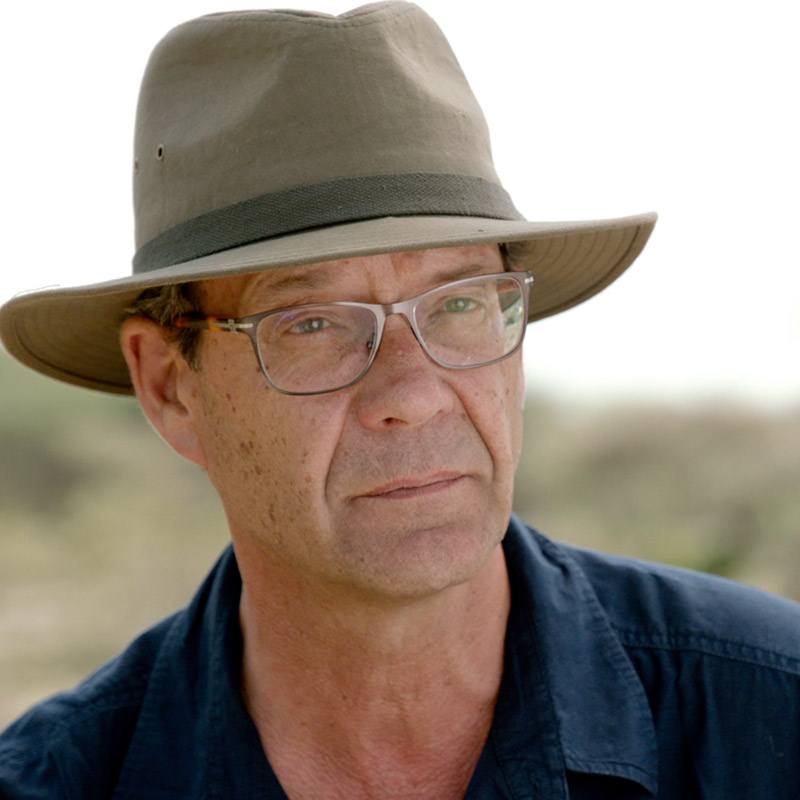
Dr. Robert Harrison
LIVERPOOL, ENGLAND
"It’s not an easy thing to do when we’re coming in from a relatively wealthy background and seeing what poverty does in terms of snakebite. It humbles you and makes you proud we’re trying to come up with an intervention to improve their access to treatment."
A graduate of Nottingham University and the London School of Hygiene and Tropical Medicine, Harrison’s research to develop schistosomiasis and onchocerciasis vaccines took him on postdoctoral adventures to Kenya, California and Egypt before joining the LSTM Venom Unit. His research focuses on developing the Next Generation snakebite therapies that are more polyspecifically- and dose-effective, affordable and safer than current antivenoms, and effective against venom-induced necrosis. Allied with research developing rapid snakebite-diagnosis, and establishment of Snakebite Research & Intervention Centres (expertise in clinical/antivenom efficacy-testing/socioeconomics) in East, West and francophone Africa, the intent is to ensure that deeply-disadvantaged snakebite victims have rapid access to effective, affordable therapy to reduce the mortality, morbidity and socioeconomic impact of tropical snakebite.
Harrison is currently Reader and Head, Alistair Reid Venom Research Unit, Parasitology Department at the Liverpool School of Tropical Medicine.
Dr. Robert Harrison
LIVERPOOL, ENGLAND

José María Gutiérrez
SAN JOSE, COSTA RICA
"I dream of a more equitable world in which the advances of science and technology would benefit all human beings to fully achieve the richness of human capabilities. I hope, as a consequence of a concerted global action, no person suffering a snakebite dies or is left with permanent physical or psychological consequences."
Since 1977, Gutiérrez has worked as a researcher at Instituto Clodomiro Picado at the University of Costa Rica, an institution devoted to the study of snakes, venoms and antivenoms, and to the search for solutions to alleviate the problem of snakebite envenoming worldwide.
As a researcher at Instituto Clodomiro Picado, Gutiérrez has been involved in the development of new antivenoms for sub-Saharan Africa, Papua New Guinea and Sri Lanka. He has investigated the biochemistry of snake venoms, the mechanism of action of snake venoms and toxins, particularly those causing acute tissue damage. He has also studied the preclinical efficacy of antivenoms from different sources, especially from Latin America, and has collaborated with many colleagues in Costa Rica and abroad in these research projects.
One of his goals has been to link scientific and technological research to the improvement of prevention and management of snakebite envenomings, having being involved in community work and training of health staff. He has participated in international partnerships and initiatives to raise awareness on the seriousness of snakebite envenomings and in the search for solutions. In this endeavor he has coordinated regional programs in Latin America, has been consultant to the World Health Organization on antivenoms and is a member of the Board of Directors of the Global Snakebite Initiative.
Gutiérrez holds a B.Sc. degree in Microbiology and Clinical Chemistry (University of Costa Rica, 1977) and a PhD in Physiological Sciences (Oklahoma State University, USA, 1984). He also teaches Immunology, Biochemistry, Research Methods and Cellular Pathology at the School of Microbiology of the University of Costa Rica. In addition, he is interested in the social implications of scientific research, particularly in developing countries.
José María Gutiérrez
SAN JOSE, COSTA RICA
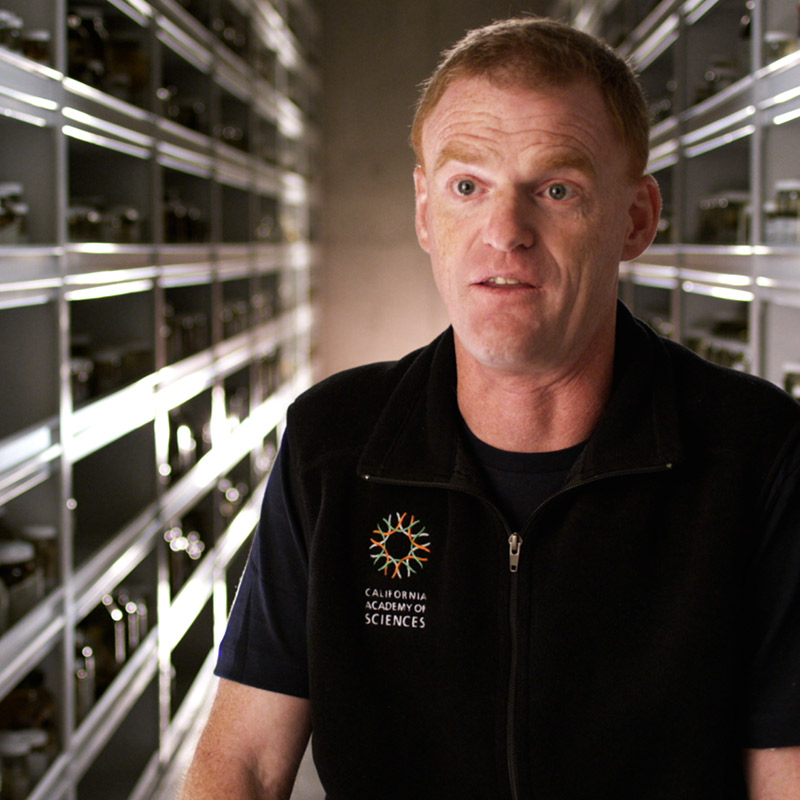
Dr. Matthew Lewin
SAN FRANCISCO, CALIFORNIA
"There is no reason anyone should be left without immediate treatment for snakebite. It should be available anywhere, any time and to anyone."
Dr. Matthew Lewin is an emergency physician, neuroscientist and veteran expedition doctor and is the founder of the Center for Exploration and Travel Health and Snakebite Project at the California Academy of Sciences in San Francisco. Lewin is currently focused on research to develop field treatments for snakebite to fill the gap between snakebite and hospital, where more than 75% of deaths occur, but for which there are no drugs available. Lewin is the co-founder of Ophirex, Inc. along with Mr. Jerry Harrison, a Marin County California resident and known for his time as a member of the acclaimed music group Talking Heads. Ophirex, Inc. is committed to providing low-cost antidotes to the developing world so that treatment for any snakebite can begin anywhere, anytime, by anyone – with no special knowledge.
Dr. Lewin’s research also seeks to understand and address gender inequity in the treatment of snakebite. Additionally, he and his students are analyzing climate and weather parameters affecting the frequency and type of snakebite. Both projects are collaborations with the University of California, San Francisco (UCSF) Global Health Sciences Department. 98 percent of snakebite victims of live in poverty and these research projects will improve understanding of the incidence, nature and circumstances of snakebites in the populations most affected. The potential to have a positive effect on patient care and public health policy in response to this ancient scourge drives the researchers in this program.
Dr. Lewin is a life-member of the Wilderness Medicine Society and in 2010 became a Fellow of the American College of Emergency Physicians in recognition of his academic accomplishments in the field. He continues to mentor UCSF students in the Global Health Sciences Masters Program at UCSF and is the recipient of the 2017 John L. Ziegler Award for Outstanding Mentorship in Global Health Sciences.
Dr. Matthew Lewin
SAN FRANCISCO, CALIFORNIA
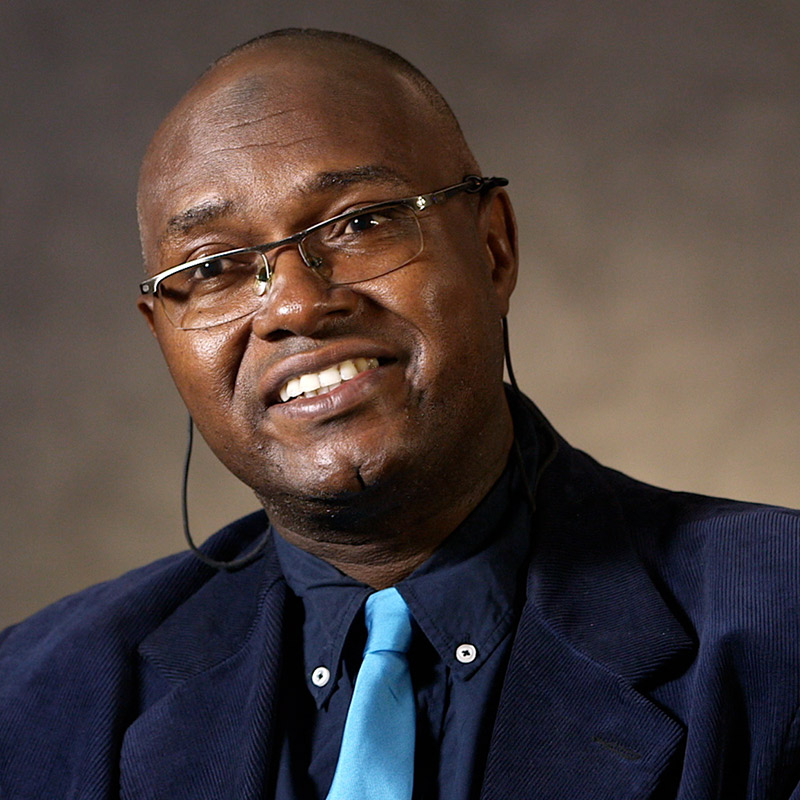
Abdul Habib
KANO, NIGERIA
"I envision attainment of 90% reduced bites, 90% reduced mortality and 90% reduced disability from snakes in the developing world over the next decade."
Abdulrazaq G. Habib has been working on the problem of snakebite in Nigeria for nearly 15 years. As a professor of Infectious and Tropical Diseases at Bayero University, Kano (BUK), Nigeria, he has been the dean and later provost at the College of Health Sciences, BUK. He trained in institutions across the world and his research interest focuses on community acquired infections, HIV/AIDS, tuberculosis, snakebite, antimicrobial resistance, emerging infections, health economics and global health. He was a member of the National Technical Advisory Committee on snakebite and currently serves as a trustee of the Toxinological Society of Nigeria (TSN), foundation member of African Society of Venimology (ASV) as well as a member of the Board of Directors of the Global Snakebite Initiative (GSI).
Abdul Habib
KANO, NIGERIA
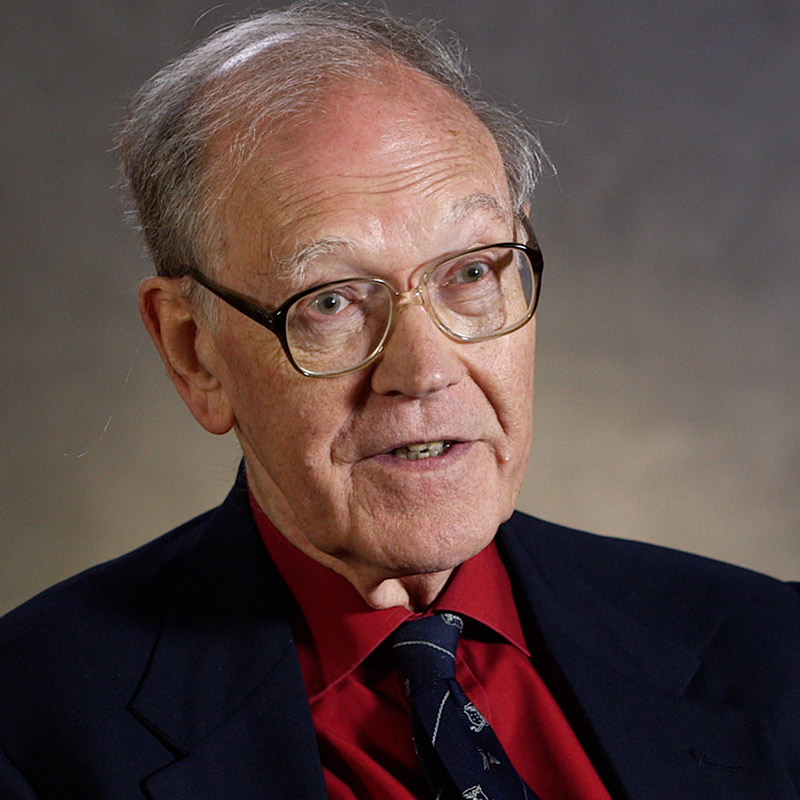
David Warrell
OXFORD, ENGLAND
""
David Warrell is International Director of the Royal College of Physicians of London; Emeritus Professor of Tropical Medicine and Honorary Fellow of St Cross College, University of Oxford; Principal Fellow, Australian Venom Research Unit, University of Melbourne; and Honorary Professor at universities in Peru and China. He has been at the forefront of snakebite advocacy for more than 40 years.
After training in Oxford and London, he has lived and worked; as physician, teacher, researcher, traveller and naturalist; in many tropical countries, founding the Oxford Tropical Medicine Research Network in Thailand in 1979. His interests include infectious, tropical and respiratory diseases, venomous animals, envenoming, and expedition medicine. Currently, he is consultant to the World Health Organization, British Army and Foreign and Commonwealth Office, Royal Geographical Society and Earthwatch International and Conservation Fellow of the Zoological Society of London. He was formerly head of the Nuffield Department of Clinical Medicine in Oxford and president of the International Federation for Tropical Medicine and the Royal Society of Tropical Medicine and Hygiene. He is senior editor of the Oxford Textbook of Medicine (5th Edition, April 2010), Essential Malariology and the Oxford Handbook of Expedition and Wilderness Medicine and author of papers on malaria, rabies, relapsing fevers and other tropical infectious diseases, HIV, respiratory diseases and clinical toxinology.
David Warrell
OXFORD, ENGLAND
If you do just one thing today
Give a voice to the voiceless
Those who live with the daily consequences of snakebite would be grateful if they knew people oceans away cared enough to change their lives. Right now, they think no one is listening.
Be their voice.
